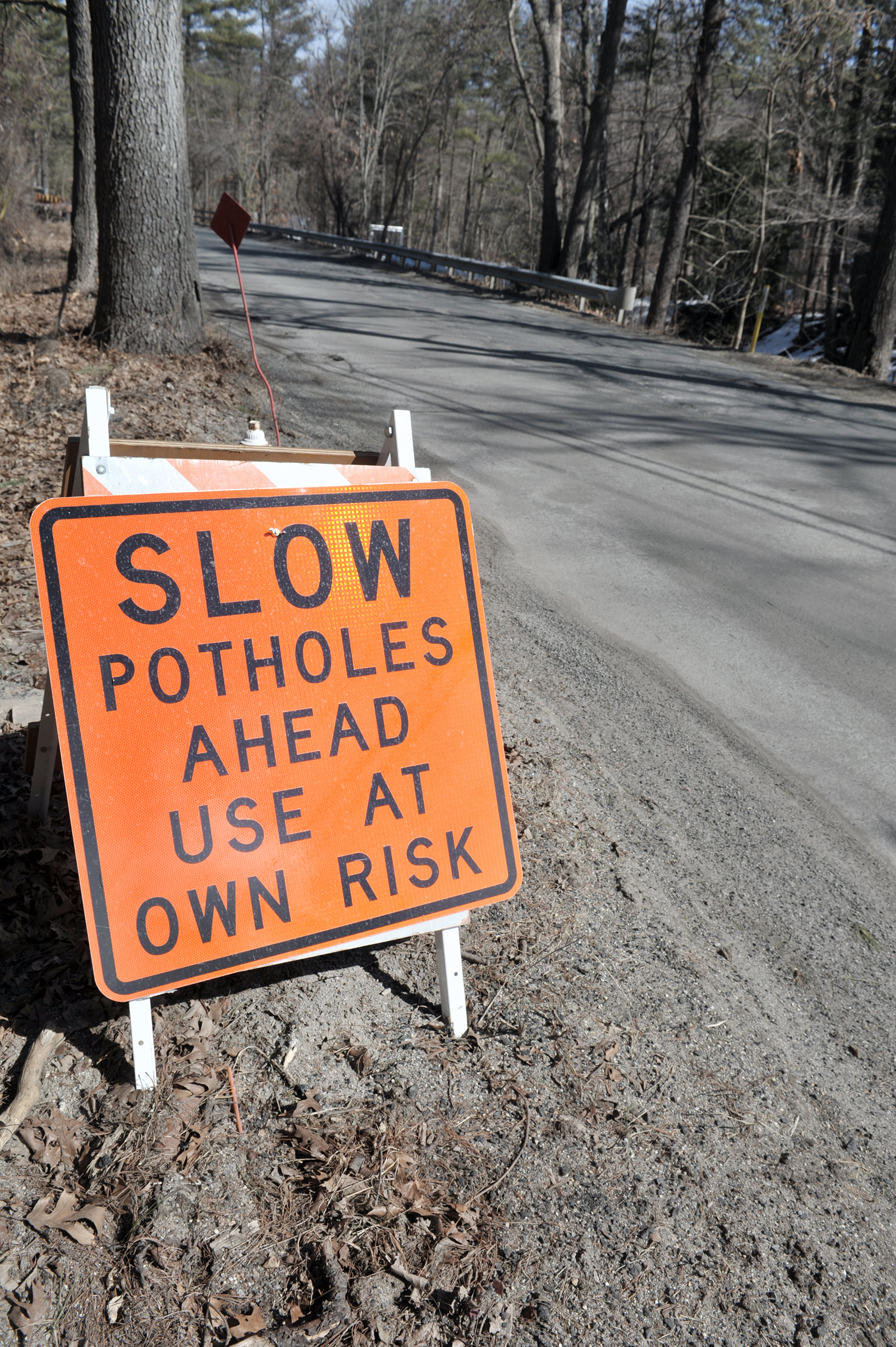WESTFIELD – Representative John Velis is calling on his fellow lawmakers to reroute some of the anticipated revenue from legal marijuana taxes to be spent on infrastructure improvement, specifically to help fix potholes on state roads.
“We’re looking at millions upon millions in new revenue in the upcoming fiscal year from legal marijuana. While most of the money will be directed to the regulation fund, there’s still plenty left over. We need to take advantage of every extra dollar to help solve our infrastructure issues in the Commonwealth,” says Velis.
The Governor’s budget, released in January, predicts $63 million in added revenue from pot sales, a somewhat conservative estimate according to many sources. New Frontier Data, a DC-based thinktank, estimates that marijuana could bring in about $90 million in fiscal year 2019 alone.
Under the Governor’s plan, $40 million of that would be routed to the marijuana regulation fund, which provides support to the newly-formed Cannabis Control Commission, substance abuse and prevention programs, and local public safety officials, among other marijuana-related programs. $3.7 million would be deposited with the Massachusetts School Building Authority, and the remainder will be dispersed into the general fund.
“I think we should be setting that money aside,” continued the Representative. “We need to ensure that whatever excess funds come in don’t get lost in the general fund, but instead are used for infrastructure improvement. Many of the people in Massachusetts voted for Question 4 because they were told the new revenue stream would bring results. Let’s make sure they see the improvements they were promised.”
Velis also mentioned that one of the problems that he hears most about are the potholes around Western Mass, an issue he says he sympathizes with.
“I’ve seen potholes large enough for my nephews to swim in. I hit a pothole last year and had to spend almost $500 on getting my tires fixed. The Commonwealth has a real infrastructure problem, and it’s going to take cooperation from local, state, and federal government to fix it.”









